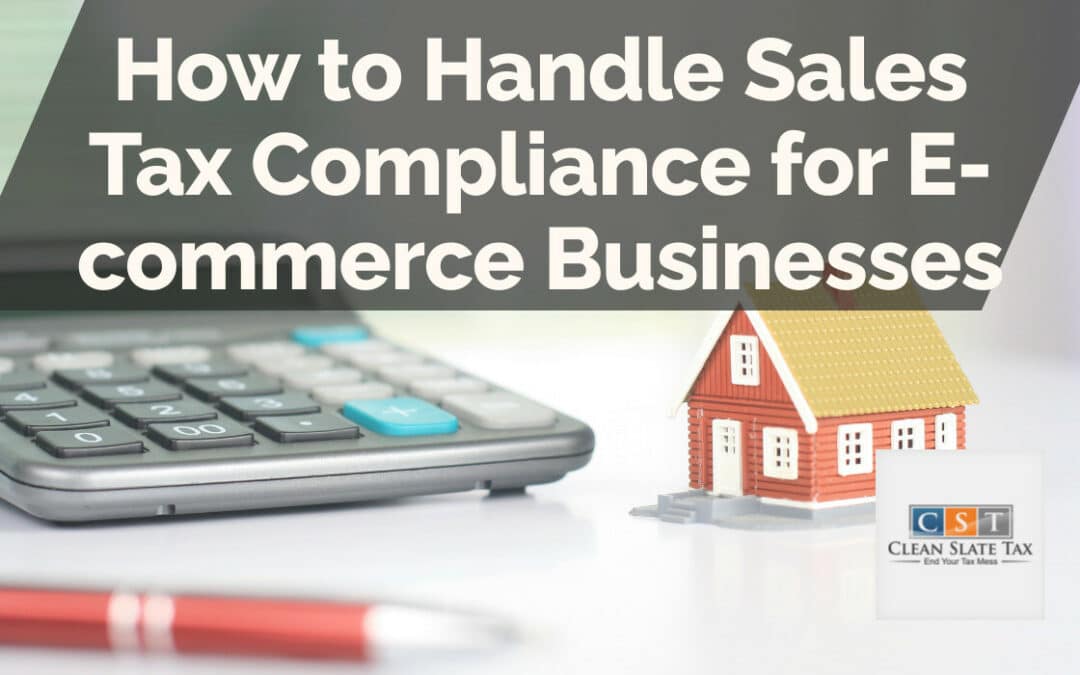If you’re operating an e-commerce business, managing sales tax can be complex. It throws a significant challenge even for the most experienced businesses owing to the vast variety of local, state, and federal rules governing them. This guide will walk you through the important aspects of sales tax compliance for your e-commerce business, helping you avoid common pitfalls and keep your operations running smoothly.
Understanding Sales Tax Basics
Sales tax is a government levy imposed on the sale of goods and services, which varies from region to region. For e-commerce businesses, understanding the sales tax nexus—the link between a business and a state that requires the business to collect and remit tax—is critical. Nexus rules are a convoluted maze to navigate because each state has its own set of rules and definitions.
Knowing Your Tax Obligations
An e-commerce business needs to know where it has sales tax nexus and for what products. Generally, the presence of a warehouse, employee, or exceeding a certain amount of sales in a state can establish nexus. Product taxability, another key aspect, also differs between states, making it essential for businesses to understand the rules that apply to them.
Registering for a Sales Tax Permit
Once you establish your nexus and product taxability, the next step involves registering for a sales tax permit in the states where you’re required to collect sales tax. Remember, it’s illegal to collect sales tax without this permit. So, be sure to complete this process before making your first sale.
Collecting Sales Tax
With the permit, you can start collecting sales tax. But, how can you do this? The product pricing on your e-commerce platform must include the correct sales tax rate. These rates can differ based on state, county, and city tax laws, and you’ll need to incorporate these differences into your platform settings.
Sales Tax Reporting and Filing
After collecting sales tax, it’s necessary to report how much you’ve collected to the relevant states. You’ll then file a sales tax return—frequency of filing depends on your sales volumes and it can be monthly, quarterly, or annually. It is important to file your returns on time as late filing can attract penalties.
Utilizing Sales Tax Management Tools
Given the complex nature of sales tax management, numerous tools can make your process easier. Tools like TaxJar, Avalara, and Vertex have features for rate calculations, filing returns, and tracking changes in tax laws. These tools can save you time, and they reduce the risk of mistakes in your sales tax compliance process.
Frequently Asked Questions
-
How do I know whether my business has a sales tax nexus in a particular state?
The sales tax nexus varies by state. Generally, a physical presence, economic activity, or affiliate links can establish nexus. Check the specific state revenue websites for detailed information.
-
What happens if I don’t collect sales tax?
If you don’t collect sales tax, and it’s determined later that you should have, your business could be liable for the owed the tax amount plus penalties and interest. Always comply with sales tax laws to avoid fines and legal trouble.
-
Can I reclaim overpaid sales tax?
Yes, overpaid sales tax can be reclaimed. But, the process can be complex and time-consuming, so it’s best to accurately calculate and pay your sales tax in the first place.
In conclusion, managing sales tax compliance might seem daunting at first, but with a clear understanding of your obligations and the right tools to assist you, it is manageable. Stay diligent about changes in tax laws and regulations, and consider consulting a tax professional if needed.





